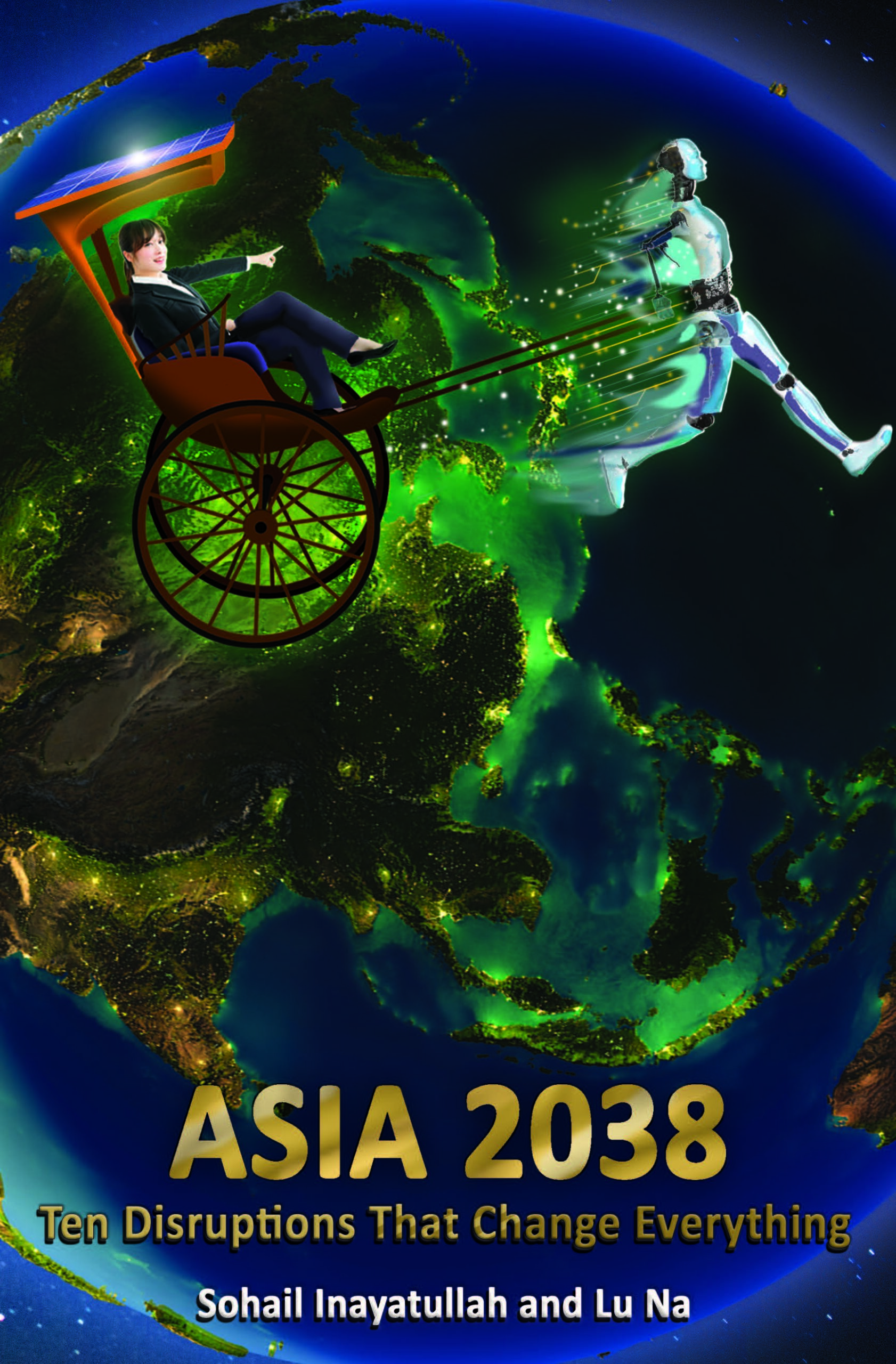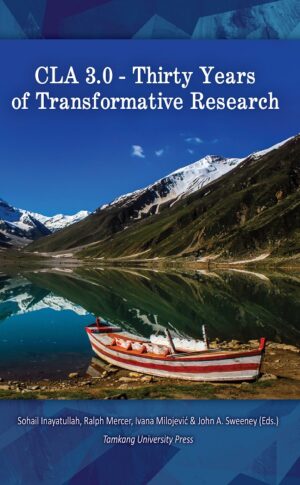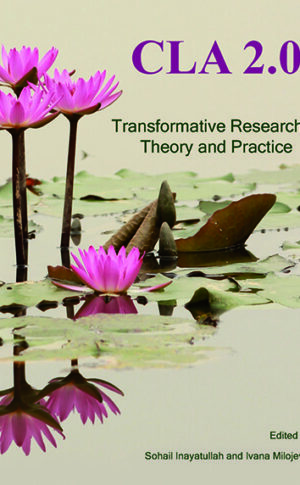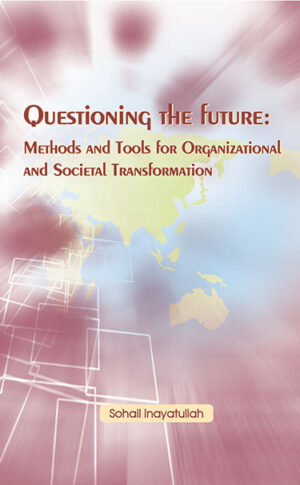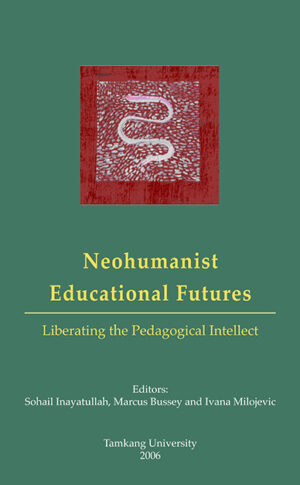Asia 2038 (2018)
$29.60
By Sohail Inayatullah and Lu Na
Graduate Institute of Futures Studies, Tamkang University, Tamsui, 2018
Asia 2038 highlights ten interrelated emerging issues or disruptions that point towards multiple possibilities for Asia. The book intends to provide a working map of the nature of both the disruption and the many possibilities ahead, so that wiser decisions can be made today. In addition to these many possibilities the book also outlines a number of shared desired visions for Asia 2038, based on decades of conducting workshops and interviews with a range of people across the region.
Additional information
ASIA 2038: Ten Disruptions That Change Everything
By Sohail Inayatullah and Lu Na
Graduate Institute of Futures Studies, Tamkang University, Tamsui, 2018
Using insights from hundreds of foresight workshops in Asia, ASIA 2038 explores ten key disruptive emerging issues. These include:
- The rise of Asian women;
- The new extended Asian family;
- The end of the God King and the Big Man;
- New facilitated models of learning and teaching;
- The wandering societies of Asia;
- Climate change leading to institutionalized foresight;
- The great migration to Asia;
- Towards an Asian confederation;
- Asia leading in the transition to a spiritual post-capitalist society; and,
- An Asia that says yes to itself.
Along with an analysis of these disruptions, stories are used to illustrate these new futures.
Inayatullah and Lu Na argue that Asia is in the midst of a major and foundational shift. The shift is not only related to the spheres of economy, technology and geo-politics; equally important are current and coming social and cultural changes.
But this book is not just about what is likely to happen, it focuses more on using the future to create desired visions, since what we can foresee and imagine, we can also create. Asia 2038 is thus not only about emerging trends and disruptions. It is also about imagining the best version of Asia; an Asia that continues to innovate and flourish in ways that can benefit current and future generations.
Length: 142 pages

